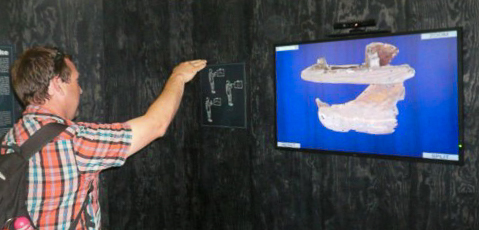Information and communication technology
- Department DART
- Industries involved Technology and industry, Finance and insurance, Health, Community
At the Norwegian Computing Center we have been conducting research in information and communication technology (ICT) for more than 70 years.
We have produced groundbreaking knowledge and developed technologies, such as object-orientation, Simula, and Norway’s Historical Population Registry. We create innovations that foster industry development, improve human lives, and enable more sustainable societies.
Our multi-disciplinary team of researchers is internationally recognised. Our team works closely with industry and academia to generate knowledge and create innovative vendor- and technology-neutral, pragmatic solutions to meet today’s and tomorrow’s global challenges. Every day, we take on the challenges in the world and make a difference towards a better life.
Our research results are widely disseminated in popular and scientific venues. Through our broad groups of contacts in academia and the industry, we actively build strong partnerships, alliances and initiatives that jointly set ambitious goals and achieve them.
The researchers collaborate in a diverse portfolio of projects funded by the industry, the European Commission, the Research Council of Norway, and more. We work closely with the public and private sector, nationally and internationally, in a variety of domains such as finance, health, education, energy, information security, digital inclusion, and digital transformation. We are proud of being frequently re-invited as a research and innovation partner to collaborate with businesses and public sector as they investigate how ICT can better serve them.
Research areas
- Universal Design of ICT
- User Experience
- Social robots and Extended Reality
- User-centered design
- E-health and welfare technology
- Learning technology, e-learning, and easy-to-read information
- Adaptive Security
- Risk Assessment and Risk Management
- Predictive Analytics for Cybersecurity
- Data security and privacy
- Human factors in digital security
- ID-management
- Simulation-based training
- Model-based and logical methods for describing systems and services
- Artificial intelligence and knowledge representation for decision support and automated planning
- Social robots
- Digitalization-friendly regulations
- Long-term storage of digital information






